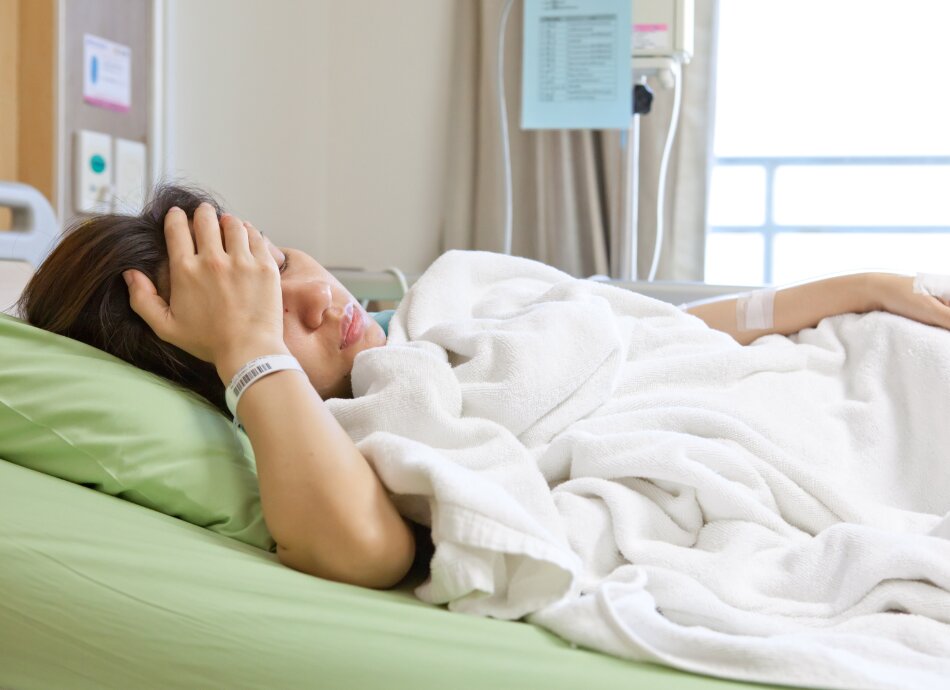Pain after surgery is referred to as acute pain. This means it is short-lived and usually improves with healing. In most cases, you will feel pain related to the area of your operation.
- The feeling of pain is different for everyone – it may be dull, stabbing, cramping, throbbing, constant or it may come and go. Read about describing your pain.
- Sometimes you may feel discomfort in other areas not related to your surgery. For example, you may feel muscle pain in your neck, shoulders, back, or chest from lying on the operating table, or your throat may feel sore or scratchy.
- Sitting up, walking, and coughing are all important activities after surgery, but they may cause increased pain at or around the operation site.
Be sure to get enough rest and be kind to yourself. Healing and recovery take time.






